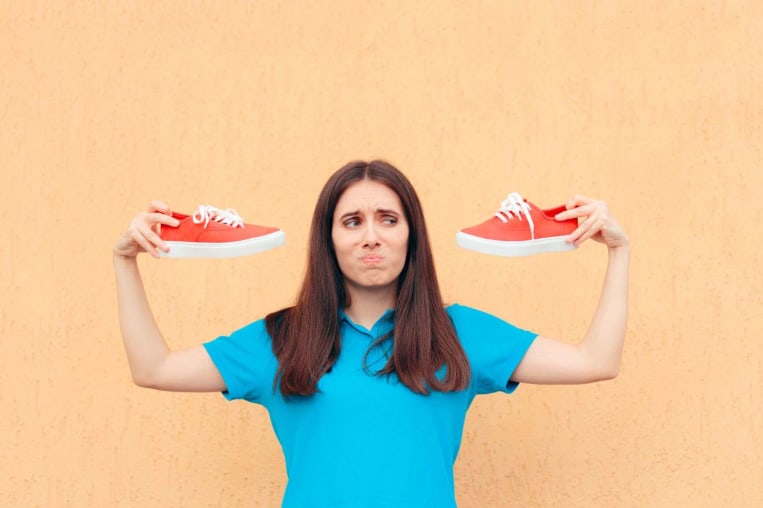
BBB Tip: A warning for consumers and businesses about the dangers of counterfeit goods

(Getty Images)
The Better Business Bureau (BBB) urges consumers and businesses to be vigilant about the presence of counterfeit goods in the marketplace. Counterfeit products are not only illegal to sell but also pose significant risks to both buyers and legitimate businesses.
Counterfeit goods are often associated with organized crime and may fund other illicit activities. Consumers and businesses alike need to be aware of the dangers these products pose and take steps to protect themselves.
Consumers, be aware:
- Health and safety risks: Counterfeit goods often fail to meet quality and safety standards. This can be particularly dangerous with items like toys, electronics, and cosmetics, which may contain harmful materials or pose fire hazards.
- Financial losses: Counterfeit goods are often sold at lower prices to entice buyers. However, these products are typically of inferior quality and may not function as expected, leading to financial losses and frustration.
- Funding criminal activity: Purchasing counterfeit goods often supports criminal organizations involved in other illegal activities, such as human trafficking and drug smuggling.
Businesses, take note:
- Legal consequences: Selling counterfeit goods is a serious crime that can result in hefty fines, legal penalties, and damage to your business reputation.
- Loss of revenue: Counterfeit goods undermine legitimate businesses by stealing sales and eroding consumer trust in brands.
- Brand damage: Counterfeit products often carry the logos and trademarks of legitimate brands, tarnishing their image and reputation. Selling counterfeit goods might seem like an easy way to make a quick profit, but it can ultimately damage your business reputation and even lead to legal consequences. It's crucial for businesses to prioritize ethical sourcing and protect their brand integrity.
Tips to avoid counterfeit products
- Shop from reputable sources: Purchase goods from authorized retailers and websites with secure payment systems.
- Be wary of deals that seem too good to be true: If a price seems significantly lower than the average market price, it may be a counterfeit product.
- Inspect products carefully: Look for signs of poor quality, such as misspellings, blurry logos, and inconsistent packaging.
- Report suspected counterfeit goods: If you suspect you have purchased a counterfeit product, report it to the BBB, the brand owner, and the appropriate authorities.
BBB is committed to protecting consumers and businesses from the harmful effects of counterfeit goods. By working together, we can ensure a safe and fair marketplace for everyone.
For more information
Check out BBB's Spot a Scam page for more information about spotting and avoiding scams.
To report a scam, go to BBB Scam Tracker.
This article was updated on July 7, 2025, to correct an error and update links.
Still Need Assistance?
Contact Your Local BBB
Your local Better Business Bureau can assist you with finding businesses you can trust. Start With Trust®.
Additional Resources
Let BBB help you resolve problems with a business
Research and report on scams and fraud using BBB Scam Tracker
Learn more about the value of BBB Accreditation